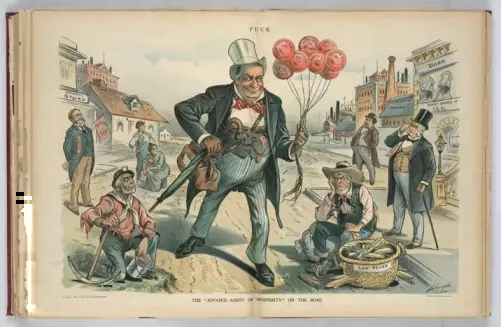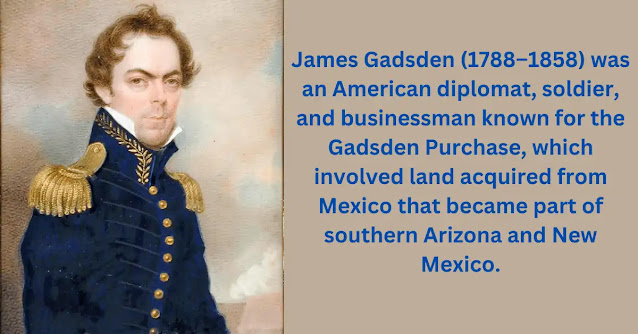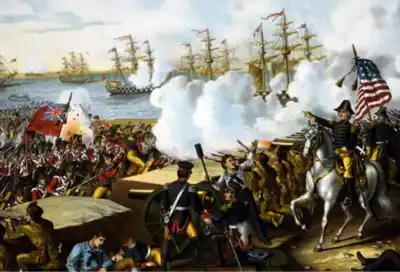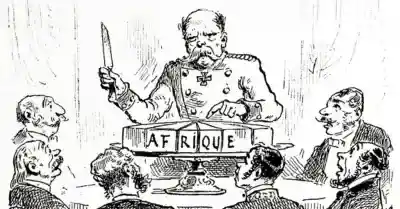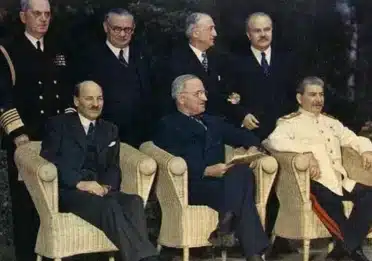American Crisis: The Essays That Defined a Revolution
In 1776, as the American colonies stood divided on the brink of revolution, Thomas Paine—an Enlightenment philosopher and fiery pamphleteer—penned the first of his American Crisis essays. Published serially from 1776 to 1783, these pamphlets became a rhetorical lifeline for the Revolutionary cause. With his iconic opening line, “These are the times that try men’s souls,” Paine galvanized a wavering public, blending emotional appeals with stark logic to unite the colonies against British rule. His words transcended mere propaganda; they framed independence as a moral imperative, arguing that allegiance to Britain diminished the colonists’ very humanity.
Paine’s Crisis series emerged during the Revolutionary War’s darkest hours, a period (1765–1775) marked by colonial resistance to British taxes and coercive policies like the Stamp Act. While earlier protests had relied on boycotts and petitions, Paine’s pamphlets radicalized the discourse. He portrayed the conflict not merely as a political dispute but as a personal affront to every colonist—a battle for dignity. By rejecting British authority as inherently corrupt, Paine’s work shifted public sentiment toward full independence, turning the American Crisis into a manifesto for unity and sacrifice.

💻 Table of Contents:
- Paine’s Impact: Inspiring the Revolutionary Spirit in America
- Thomas Paine: The Writer Who Helped America
- Paine’s Timeless Challenge: ‘These are the times that try men’s souls’
- American Crisis Essays: The Pamphlets That Mobilized a Revolution
- Paine’s Vision: Rights, Reason and Revolution
- Thomas Paine’s Impact on Today’s America
The essays’ legacy extended beyond the battlefield. Paine’s eloquence democratized revolutionary fervor, appealing to soldiers and civilians alike. Unlike dry political treatises, his prose pulsed with urgency, urging readers to see the war as a test of virtue. By framing the Revolution as a moral crusade rather than a partisan squabble, Paine ensured his Crisis pamphlets would endure as foundational texts of American identity—long after the final shot was fired.
Paine’s Impact: Inspiring the Revolutionary Spirit in America
During the late 18th century, the American colonies found themselves locked in a fierce struggle for independence against the powerful British Empire. Years of simmering tensions, driven by issues such as taxation without representation, oppressive British policies, and a growing yearning for self-governance, had finally reached a boiling point. In 1775, this conflict erupted into a full-scale war, igniting the flames of the American Revolutionary War.
Washington’s army overcame extraordinary wartime adversities during the Revolution. In such trying times, maintaining high morale became essential in sustaining the revolutionary spirit that fueled their fight for freedom. It was precisely during this critical juncture that Thomas Paine, a fervent advocate for independence, emerged as a beacon of inspiration, wielding his pen to uplift and invigorate the American cause.
Thomas Paine: The Writer Who Helped America
With his 1776 pamphlet ‘Common Sense,’ Thomas Paine masterfully articulated the American spirit of independence. Paine’s way of writing was simple and clear, so even regular folks could understand the big ideas about politics.
Later, when the American soldiers were having a tough time and feeling down because they kept losing, Paine wrote something else. It was called the “American Crisis,” and he put it out in December 1776. He wanted to make the American people and the soldiers feel better. Paine said we should keep going even when things are tough, and that when times are hard, that’s when we really show who we are. It’s like a test of how strong we can be.
So, Thomas Paine, with his simple and strong words, helped the American people believe in themselves during the Revolutionary War.
Paine’s Timeless Challenge: ‘These are the times that try men’s souls’:
Thomas Paine’s famous words – ‘These are the times that try men’s souls‘ – captured the Revolution’s spiritual and political importance, inspiring American patriots to fight for freedom.
Within those words, Paine conveyed the weightiness of the situation, emphasizing the immense challenges faced by the American revolutionaries. The term “try” evokes the notion of testing and challenging, underscoring that the difficult circumstances served as a crucible, examining and revealing the true mettle of individuals. By invoking the concept of the soul, Paine elevated the struggle beyond mere physical hardships, suggesting that the core essence of a person’s character was laid bare in the face of adversity.
Paine’s essay continued to rally the American people, urging them to remain resolute in their unwavering commitment to liberty and freedom. He emphasized the vital importance of perseverance and sacrifice, asserting that the difficulties they encountered were an indispensable part of the arduous journey toward independence. With his words, Paine’s essay became a resounding call to action, reigniting a renewed sense of determination among both soldiers and civilians.
💻 You May Also Read:
- American Revolutionary War: Prelude to Modern Democratic Republic and Power
- Ratification of the Treaty of Paris: Triumph of US Diplomacy
- Boston Tea Party: A Catalyst for the American Revolution
- The French and Indian War: A Key Chapter in the Anglo-French Rivalry
- The Seven Years’ War: A Barrier that minimized French Hegemony
In decoding Paine’s words, we unveil the essence of the revolutionary spirit that animated the American Revolution, reminding us of the enduring power of conviction and resilience in the pursuit of liberty.
American Crisis Essays: The Pamphlets That Mobilized a Revolution
Through his American Crisis essays, Paine gave patriots the courage to keep fighting—turning his words into tools of strength and hope. Their significance was recognized by none other than George Washington, the esteemed commander-in-chief of the Continental Army, who understood the power of Paine’s words. In the winter of 1776, Washington ordered the first essay to be read verbally to his troops at Valley Forge, recognizing its potential to inspire and uplift.
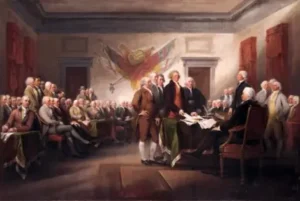
These essays held a unifying message that played a pivotal role in galvanizing the spirit of the revolution. Paine’s remarkable ability to communicate complex ideas in a straightforward manner resonated deeply with a wide audience, fostering a sense of common purpose and shared sacrifice. The “American Crisis” became a symbolic representation of the unwavering spirit that propelled the fight for independence.
Like a light in the war’s darkest days, Paine’s words inspired soldiers during tough times, helping them stay strong. By invoking a sense of collective purpose, these essays helped forge a cohesive identity among the revolutionaries, reinforcing their commitment to the cause. Paine’s profound impact on the Revolutionary War was felt not only on the battlefield but also in the hearts and minds of those fighting for freedom.
The “American Crisis” essays stand as a testament to the enduring power of persuasive writing to shape history. They served as a catalyst for unity and inspiration during the darkest hours of the Revolutionary War, leaving an indelible legacy as a rallying cry for the indomitable spirit of the American revolutionaries.
Paine’s Vision: Rights, Reason and Revolution
Paine didn’t stop at just the famous start of the “American Crisis.” In his later writings, he kept talking about important things and supporting the ideas of the revolution. Paine really cared about having a government where the people had a say, and he didn’t like the idea of having a king.
The American Crisis No. 1 was the first of thirteen pamphlets published until 1783, each amplifying Paine’s radical vision. While later essays—ostensibly addressed to “Lord Howe” or the “People of England”—condemned British injustice and the futility of subduing America, their core message echoed the first: democracy over monarchy, reason over tradition. Whether challenging crown officials or rallying foreign publics, Paine wielded his pen to expose oppression and unite patriots under a singular revolutionary ideal.
He wrote other stuff, like “The Rights of Man” and “The Age of Reason,” which made people think about individual rights and what’s right or wrong. Paine’s words were strong and helped shape the talk about politics at that time. The things he wrote laid down the basic ideas for the United States Constitution and the Bill of Rights, which are like the rulebook for how the country works. Paine’s ideas still matter a lot today.
Thomas Paine’s Impact on Today’s America:
Thomas Paine’s impact didn’t just stay in the 1700s; his ideas still matter to Americans today. People still find inspiration in what he wrote, especially when the country faces tough times. The saying “These are the times that try men’s souls” is still powerful and reminds us that being strong in hard times is always a good thing. Paine’s words are like a timeless guide for facing challenges with strength and courage.
Thomas Paine’s revolutionary writings, like Common Sense and The American Crisis, continue to shape America’s democratic foundations. His advocacy for liberty, equality, and human rights fundamentally influenced America’s founding principles and remains pivotal to political thought to this day. Paine’s vision of a government “of the people” remains central to U.S. ideals, reinforcing the power of civic engagement and free speech.
Paine’s advocacy for human rights and social justice resonates today, particularly in movements for racial equality, labor rights, and anti-authoritarianism. His condemnation of slavery and emphasis on universal dignity laid early groundwork for civil rights advancements. Modern activists and leaders still draw from his belief that systemic change begins with challenging unjust hierarchies.
From grassroots protests to presidential speeches, Paine’s legacy endures in America’s commitment to liberty and dissent. His works remind citizens that democracy requires vigilance—a principle as vital now as in 1776. In an era of polarization, Paine’s call for reason and unity offers a timeless blueprint for progress.
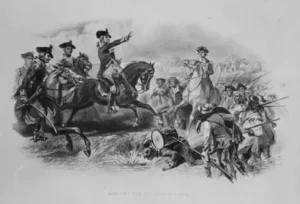
Conclusion:
Paine’s American Crisis transformed political writing into revolutionary action, becoming a rallying cry for a young nation’s fight for freedom during the Revolutionary War. His impact extended beyond the battlefield, shaping the very ideals that formed the United States.
Paine’s words continue to resonate, reminding us of the enduring spirit of the American Revolution. The early patriots faced challenges with courage and unwavering belief in liberty and self-determination. Today, Paine’s legacy remains a timeless inspiration, urging us to confront our own trials with resilience and a commitment to the principles that define America.
Paine’s American Crisis established a tradition of literary activism—transforming words into instruments for defending democracy and human dignity. Writers, through their powerful words, soar in their pursuit of establishing and upholding these fundamental values.



